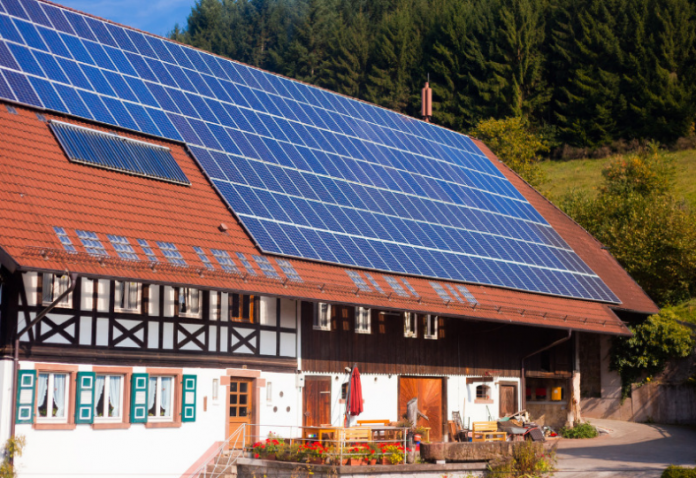More than 350 environmental justice advocates, environmental groups and renewable energy companies announced the formation of Residential Renewables for All, a coalition focused on expanding access the economic, health and emissions benefits of clean energy to disadvantaged and lower-income households.
Founding members of the coalition include the National Wildlife Federation, the Union of Concerned Scientists, Black Owners of Solar Services and the NAACP.
Lower-income families and communities of color face significant disparities in clean energy adoption, while spending a disproportionate amount of their income on energy costs and experiencing heightened vulnerability to the impacts of climate change. Under the current tax system, 26 million households — including 3.2 million Black households and 3 million Hispanic households — are unable to benefit from residential solar tax credits because they do not have sufficient taxable income.
The coalition is calling for immediate congressional action to make section 25D tax credits for residential clean energy purchases refundable or direct pay, providing more American families with access to resilient, low-carbon energy resources while helping to address systemic economic and environmental injustices and advance the nation’s climate goals.
“Now is the time to help vulnerable communities go from surviving to thriving by creating a solar-powered energy system that serves all Americans fairly,” said Mustafa Santiago Ali, VP of environmental justice, climate and community revitalization for the National Wildlife Federation. “By making the residential clean energy tax credit refundable or direct pay, Congress has an opportunity to help realize the vision of an equitable clean energy future.”
The coalition is urgently calling on the Senate Finance and House Ways & Means Committees to make section 25D tax credits for residential clean energy purchases refundable or direct pay, citing the challenges lower-income earners with limited or no tax liability face in benefitting from existing federal incentives.
A recent working paper from the RAND Corporation shows that the federal solar ITC can be adjusted to provide greater access for low- and moderate-income households in disadvantaged and vulnerable communities. Under the current policy structure, the bottom 50% of U.S. income earners require an average of more than seven years to monetize the solar investment tax credit – putting solar out of reach for millions of Americans.






